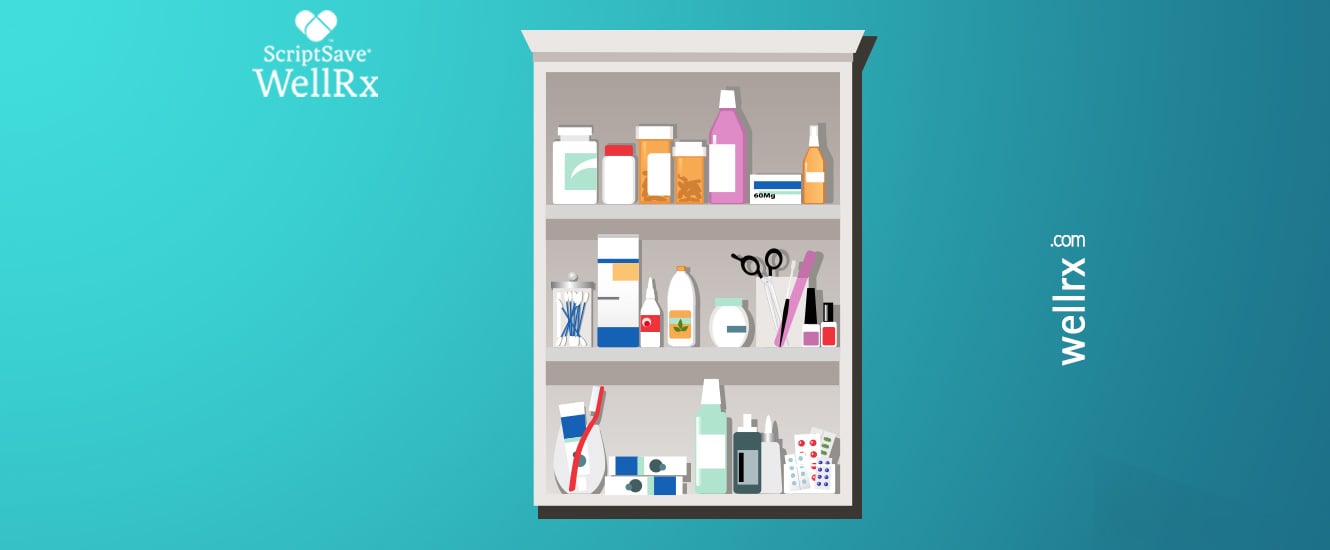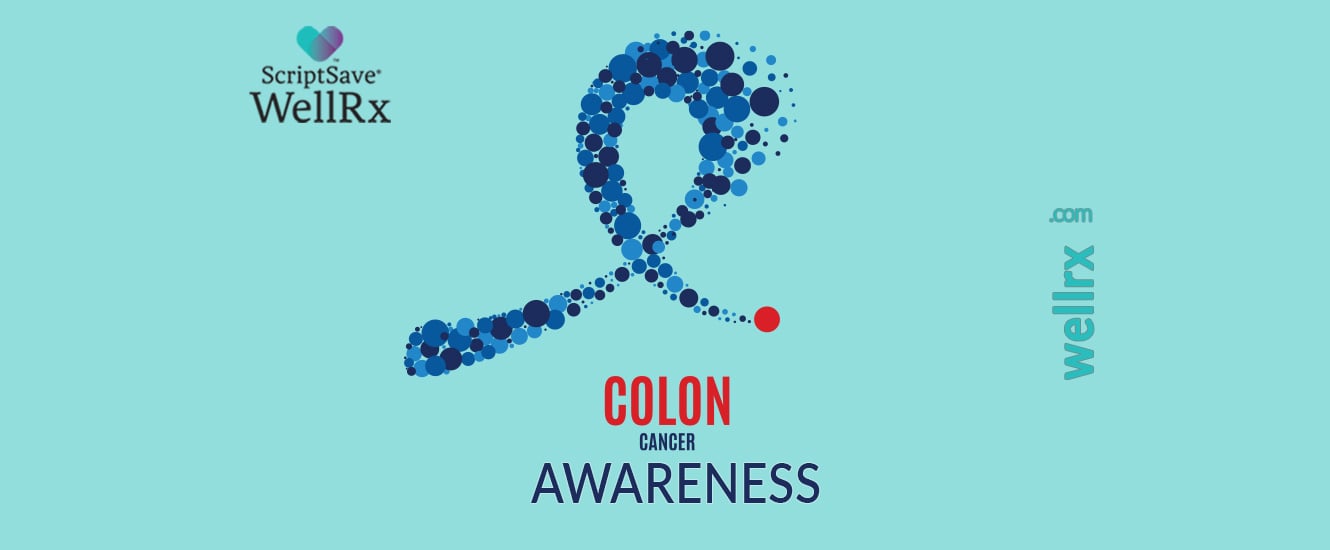Delirium and dementia are both cognitive impairments that have similarities, such as impaired memory/judgment, agitation, delusions, and confusion. While both conditions could occur at the same time, they are not the same.
Are your prescriptions cheaper at another pharmacy?
What is delirium?
Delirium is a sudden change in the mental state often seen as confusion, distractibility, and cognitive changes. There are a few types of delirium: Hyperactive, Hypoactive, and Mixed, while Hypoactive and Mixed at the most common.
- Hyperactive: Often feelings of agitation, anxiety, and combativeness. Individuals may experience episodes of hallucinations.
- Hypoactive: Often feelings of drowsiness, confusion, and slowed response.
- Mixed: A combination of the two with fluctuations in either hyperactive or hypoactive.
Key features of delirium
- Changes in attention, awareness, and focus (i.e., distractibility)
- Develops over a brief period (hours to days)
- Disturbance in cognition (i.e., memory deficit, disorientation, perception, etc.)
- Fluctuates in symptoms throughout the day
What are the risk factors and causes of delirium?
There are a couple of risk factors that could increase the odds of delirium. These could include:
- Age (>65 years)
- Certain health conditions (i.e., HIV, dementia, and Parkinson’s Disease)
- Having multiple health conditions (i.e., high blood pressure, diabetes, and high cholesterol)
- Male gender
- Reduced kidney function
There are many potential causes of delirium. Most deliriums are due to some type of clinical condition, medications, or withdrawals. Some potential causes could include:
- Medications
- Certain medications could increase risk in people that are ≥65 years old
- Polypharmacy (use of multiple drugs and inappropriate ones)
- Withdrawal from alcohol or certain medications
- Abnormal levels of fluids and electrolytes
- Infections (i.e., urinary tract infections and pneumonia)
- Brain/mental disorders
- Inadequate pain control
- Inadequate amount of sleep
- Hospitalization
What are the treatments for delirium?
The primary goal of treating delirium is to address or remove the underlying cause. Finding the root cause will decide the treatment plan. The preferred treatment course is typically through non-medication means. Potential treatment plans for common causes of delirium include:
- Stopping the causative medications
- Providing adequate pain management
- Treating any infections
- Adequately getting fluids and nutrition
- Getting plenty of sleep
Medications could be used in situations of delirium to help control agitation. One group of medications typically used includes low doses of antipsychotic medications (i.e., Haldol or Seroquel).
If left unresolved, delirium could lead to complications such as:
- Longer hospitalizations
- Cognitive decline
- Loss of independence
- Risk of developing new health conditions or worsening current ones
- Risk of dementia
- Death
Delerium, dementia or Alzheimer’s
Delirium and dementia are both cognitive impairments that might have similarities such as impaired memory/judgment, agitation, delusions, and confusion. While both conditions could occur at the same time, they are not the same! Each of these conditions has distinguishing characteristics that help differentiate them.
|
|
Delirium
|
Dementia
|
|
Onset
|
Sudden and could fluctuate
|
Progressive over months to years
|
|
Speech
|
Rambling
|
Reduced
|
|
Thought process
|
Disorganized
|
Reduced
|
|
Attention
|
Poor
|
Normal
|
|
Duration
|
Reversible
|
Irreversible
|
Clearing up confusion
Delirium is a rapid change in the mental state that is categorized by confusion and distractibility. There are two main types of delirium: Hyperactive and Hypoactive, but it could also be Mixed. These two have different symptoms and characteristics that an individual might portray. Delirium and dementia are often mistaken for one another due to similar symptoms but are two different mental states. The cause of delirium is important because it will help providers decide the right course of treatment.
Save Money on Your Prescription Medications
References:
https://www.mayoclinic.org/diseases-conditions/delirium/symptoms-causes/syc-20371386#:~:text=Delirium%20is%20a%20serious%20disturbance,hours%20or%20a%20few%20days.
https://www.aafp.org/afp/2003/0301/p1027.html
https://www.ncbi.nlm.nih.gov/pmc/articles/PMC3255198/













 Store & manage your medication list
Store & manage your medication list Medication pricing updates
Medication pricing updates Pill & refill reminders
Pill & refill reminders Medication journal & mood log
Medication journal & mood log